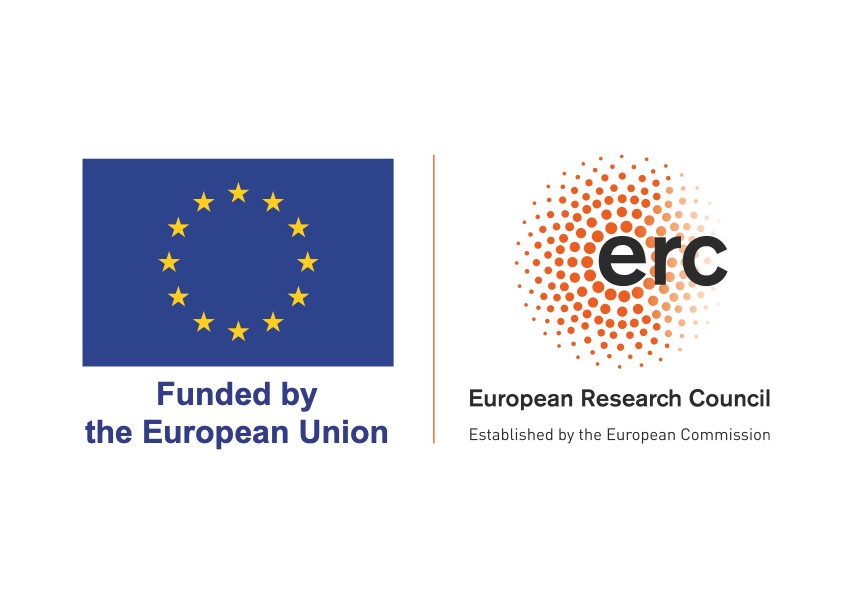Facilitating the Healing of Osteoporotic Fractures: A New ERC Advanced Project in Partnership with Professor Halima Kerdjoudj
The University of Reims Champagne-Ardenne (URCA) is proud to announce its participation in the BONEREPAIR research project, recently awarded a prestigious ERC Advanced Grant. Professor Halima Kerdjoudj, from the BIOS laboratory at URCA, contributes her expertise to this innovative initiative. The project aims to revolutionize the healing of osteoporosis-induced fractures through a novel approach combining biomechanics and cell biology. The stakes are high: every year, more than 4 million osteoporosis-related fractures affect Europeans, causing pain, loss of independence—and tremendous costs to society. But what if bone could repair itself more efficiently, and faster?
Stimulating Bone to Heal Better
Bone is a living material, capable of repairing itself thanks to its sensitivity to mechanical stress. But did you know it also has… electrical properties? This phenomenon is called piezoelectricity: when bone is deformed, it generates tiny electrical charges that trigger cellular repair mechanisms. BONEREPAIR leverages this natural capacity to stimulate bone regeneration in a targeted and innovative way.
The project also investigates a subtler phenomenon, flexoelectricity, which links deformation gradients—such as those found around microfractures—to electrical polarization. The idea? To better understand, at every scale—from the cell to the tissue—how bone perceives these signals, and to use them in next-generation therapies.
Research at the Crossroads of Disciplines
To meet this challenge, BONEREPAIR brings together biologists, mechanical engineers, computational modeling specialists, materials scientists, and imaging experts. URCA plays a central role thanks to the BIOS laboratory’s expertise in bone tissue biology, biomaterials engineering, and in understanding the phenomena that occur at cell/material interfaces across different scales.
Toward Tailored Regenerative Medicine
Ultimately, the project aims to deliver concrete benefits for patients:
- Electroactive, personalized bone grafts, capable of self-stimulation to accelerate healing;
- More resistant, longer-lasting implants, better integrated into the body;
- Drug-free therapies, based on gentle electrical stimulation of damaged tissues.
“In the long term, this project could significantly improve existing treatments and prosthetic solutions, thereby reducing patients’ healing time,” explains Halima Kerdjoudj."
Thanks to this ERC Advanced Grant, the project benefits from ambitious resources to recruit young researchers, acquire state-of-the-art equipment, and test these bold ideas under new experimental conditions.
European Recognition—and Local Commitment
Awarded to Jean-François Ganghoffer (Université de Lorraine – LEM3) in partnership with Halima Kerdjoudj (URCA – BIOS), this grant honors some of Europe’s most brilliant researchers. For the university, this partnership highlights its commitment to multidisciplinary, innovative science focused on the healthcare of tomorrow.
Fragility fractures need no longer be inevitable: with BONEREPAIR, a future where bones heal intelligently is taking shape.
What is the ERC?
The European Research Council (ERC) is one of Europe’s flagship funding bodies for frontier research. It supports projects led by internationally recognized, high-level researchers who propose bold and innovative ideas. This financial support enables groundbreaking work to be carried out with great scientific freedom.
In 2023, Professor Isabelle Poutrin, a modern history scholar at URCA, was also awarded an ERC Grant for her project ROTAROM17.
To learn more, you can read her interview [here].

